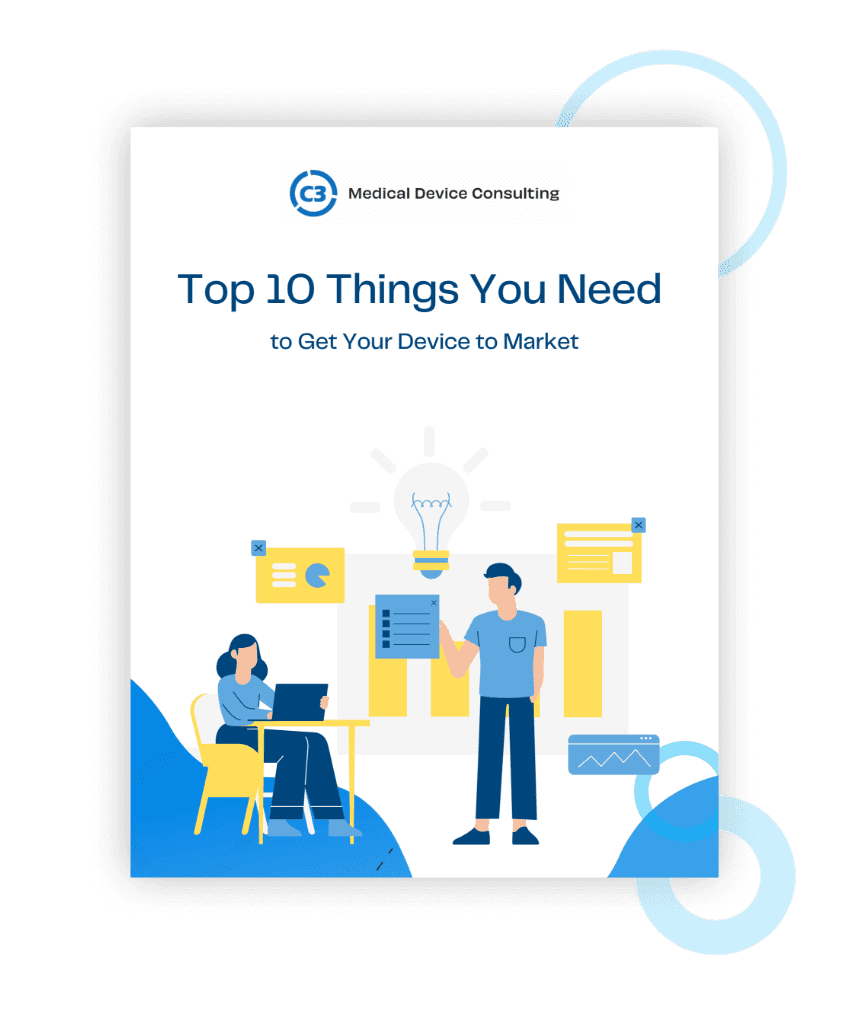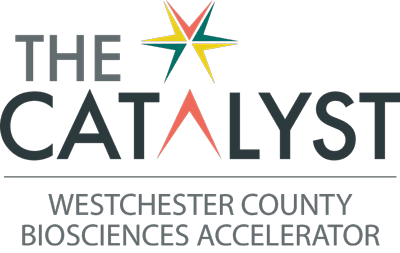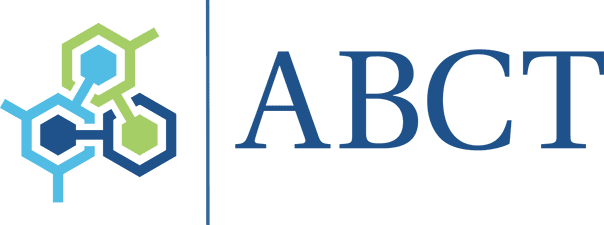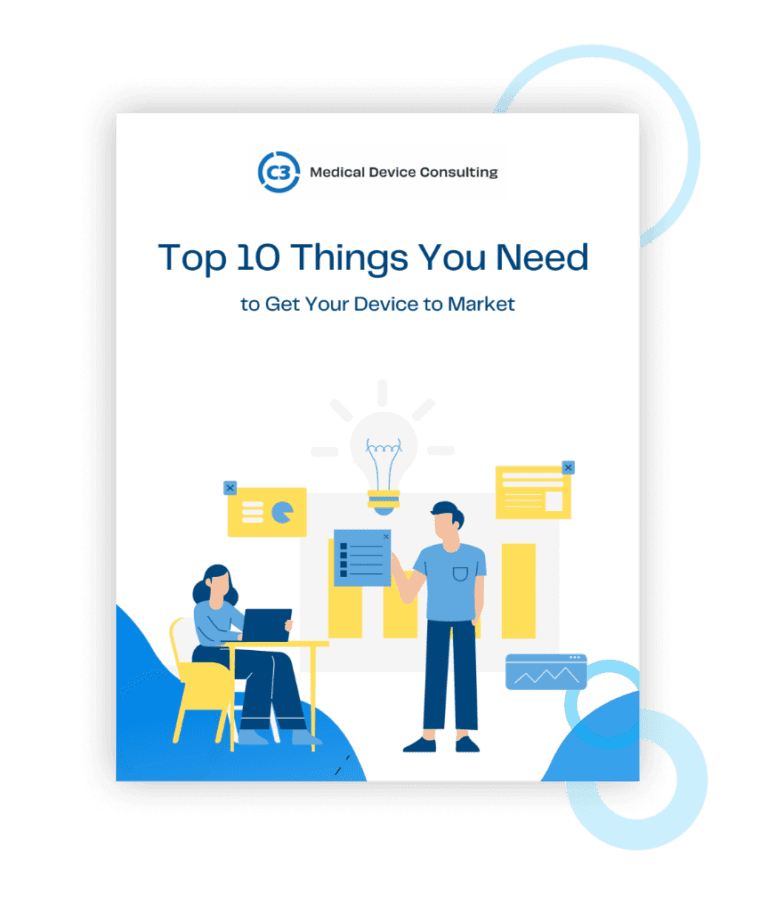The medical device industry is known for developing innovative products that are essential to diagnosing and treating illnesses. Like pharmaceutical drugs, medical devices are regulated by the FDA and must go through a medical device development process. However, most low-risk medical devices can be marketed without FDA review, and most medium-risk medical devices only need to demonstrate that they’re equivalent to similar medical devices already on the market. It’s generally only the most high-risk medical devices that must provide proof that they’re both safe and effective.
You may have a brilliant idea for a medical device, but unless you can successfully navigate the medical device development process, you won’t be able to get it into the hands of those who need it most. The process is long, but with patience and input from an expert, you can turn your idea into reality.
Medical Device Development: Getting Started
Before you pour all your time and money into your idea for a medical device, you need to think about what it’s actually bringing to the table. You should first identify user wants and needs. Then, you should verify that your product meets user wants and needs. Not sure what about users currently want and need? Do some market and user research.
Once you’ve done that, you need to find out who your competitors are and secure your medical device concept by protecting your intellectual property. At this point, your best bet is to bring in a skilled patent attorney so they can provide wise counsel about your medical device.
Next Steps
Now, you need to develop your business formation, which includes your business name and entity option. A legal professional can help you determine the ideal entity.
Once you’ve completed the initial setup for your medical device, you need to figure out where your funding is going to come from. Family, friends, private placement, and venture capital are some avenues you can take to secure funding. When you rely on an investment advisor, they can help you decide which is best.
Moving forward, you should have business plans and strategies in place to ensure asset growth, checking on your progress regularly. Additionally, you should have oversight of your finances, including budgeting, accounting, and reporting. A trusted advisor should be tasked with helping you accurately keep track of your finances.
Finishing Up
The hardest part of your medical device development journey may be communicating with the FDA for registration, regulations, and compliance. If you want your medical device to be legally marketed in the United States, your product will need to be cleared or approved by the FDA unless it’s 510(k) exempt. If your medical device is 510(k) exempt, that means it’s equivalent to another legally marketed device that the FDA has already approved.
If you want to know whether your medical device will be well-received, you should complete clinical trials that are managed by an expert who can handle the initiating, planning, executing, monitoring and controlling, and analysis and reporting.
If the trial goes well, you can begin marketing your medical device, especially to doctors and consumers. If doctors are happy to use and promote your product, then you can almost guarantee it will be a success. Similarly, if consumers believe your product will be beneficial for them, they’ll ask their doctors about it — and if their doctors aren’t on board, your product will likely fail.
To Market
All the work you’ve done up to this point is about to pay off because you can finally develop your medical device and get it to market. A medical device engineering and consulting company can help you with the development stage, which includes enterprise license, reproduction, territory, term, termination rights, fees, and more. With so much to consider, it’s best to bring in a qualified professional.
A Successful Launch for Your Medical Device
Not all medical devices are built for a successful launch — but yours can be. At C3 Medical Device Consulting, we’ve helped everyone from small startups to large corporations get their product to market. If you need help developing your medical device and getting it to market, schedule a free consultation with our team today.










